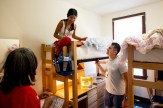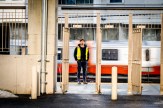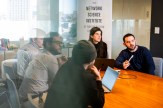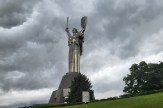After a major earthquake hit Morocco, this Northeastern co-op helped with recovery efforts
Michaela Creel spent a semester with the High Atlas Foundation, visiting farmers impacted by Morocco’s major earthquake last September.
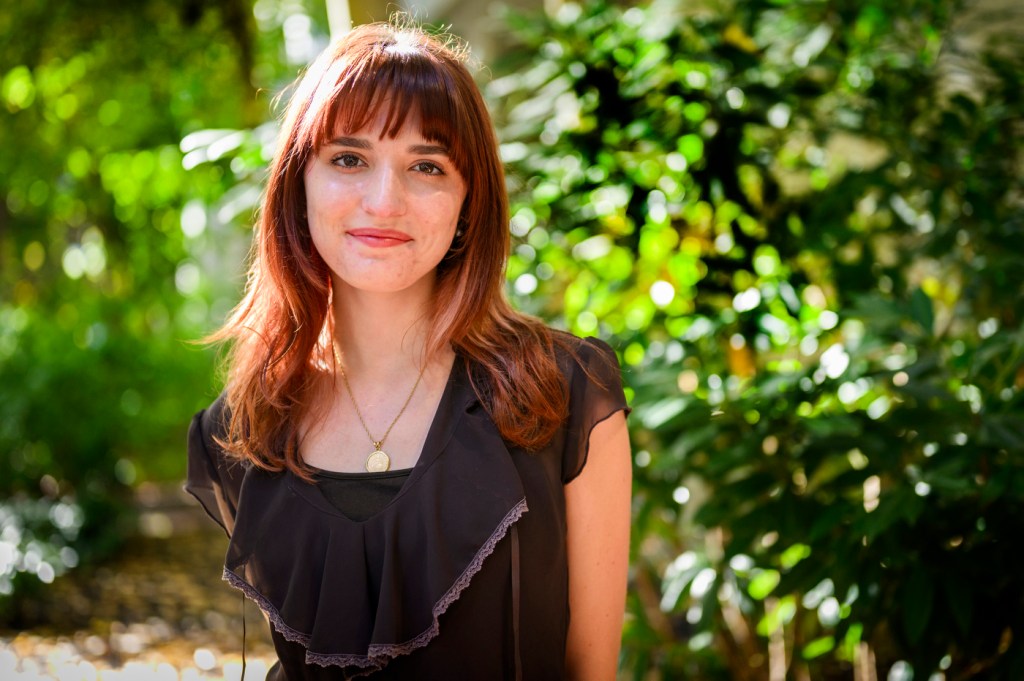
Morocco’s High Atlas mountain region is home to farms that have grown products like olives and almonds for generations. But many were hit hard by an earthquake last year, prompting the need for recovery in communities that were already undergoing the work to become more sustainable in today’s changing world.
Michaela Creel, a third-year international affairs and cultural anthropology major, got a front row seat to this work last semester while on co-op working for the High Atlas Foundation, a nonprofit in Marrakesh. It was founded by former Peace Corps volunteers in 2000 and is dedicated to furthering sustainable development in Morocco by working with the community.
Creel originally didn’t set out to go abroad for her first co-op, but when she saw the listing for High Atlas Foundation, she was intrigued by how it combined her interests and would give her hands-on experience with community engagement instead of just spending her days sitting at a desk.
“It’s an interesting mix of my majors,” she said. “It had that cultural side of engaging with people in the field, but it had that international affairs side being an international co-op. I thought it would be a really, really good experience for me.”
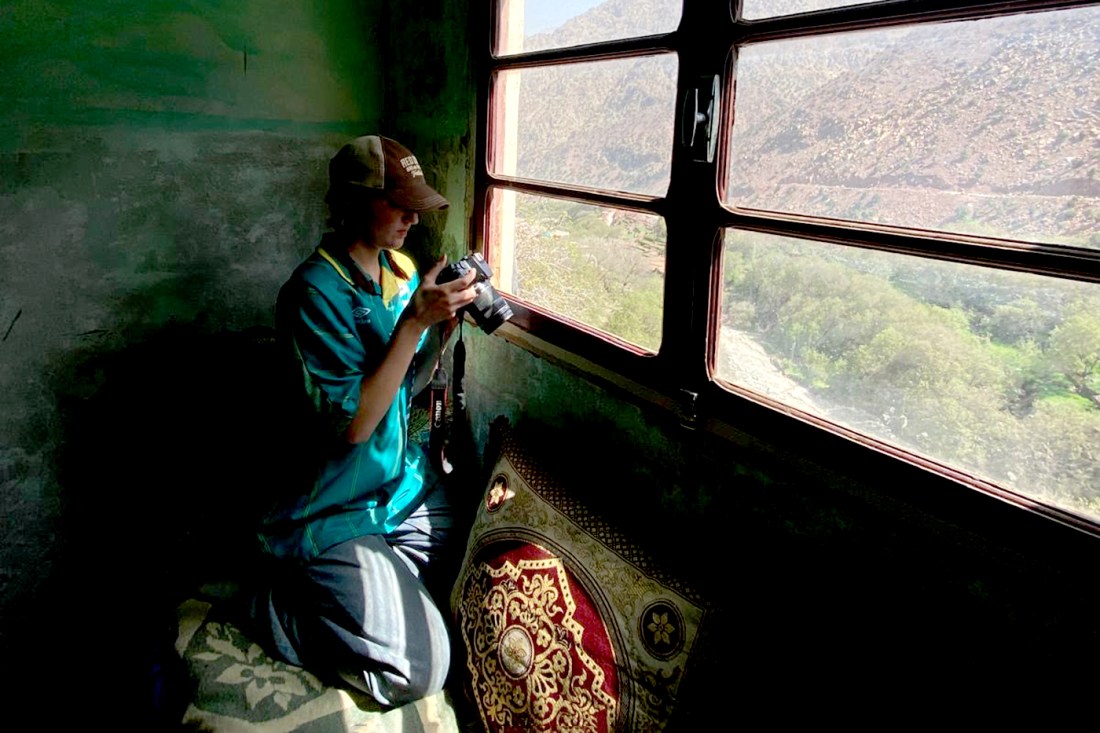
The High Atlas Foundation has three “pillars” of focus, Creel said. The organization does a lot of work with agriculture; it has planted over 5 million trees in farming communities and produces 2 million saplings a year to help support people in over 15 provinces. It also focuses on women in the workforce, holding workshops to help educate and empower women to start their own businesses, and helps design water systems that can produce clean water for drinking and crop irrigation.
The organization’s goal in all its work is to create systems that are sustainable and maintainable in the long term. To help with this, most of its employees are Moroccan and from the villages the foundation is working with, Creel said.
“It’s community based,” she added. “They go in and ask people and the villages what they need.”
Editor’s Picks
Given the recent earthquake, Creel said a lot of the work when she was on co-op in early 2024 was focused on helping the farming communities.
“There’s a lot of very old rural communities and they have been doing agriculture for a very, very long time,” Creel said. “There was a lot of relief because … the center of (the September 2023 earthquake) was actually in the mountain range. It affected a lot of those communities in many ways.”
Creel’s role was focused on communications, which meant she went along with the team as they distributed saplings, met with local farmers, visited souk marketplaces to meet with women weaving and selling their own rugs, and worked to rebuild the water canals that were destroyed in the earthquake.
Creel would take photos and notes and then create content for High Atlas Foundation’s website about the work, whether it was writing blogs, reflections about her field work, or reports for donors showing them the progress High Atlas Foundation was making on the projects.
One of her most notable assignments was creating an interactive tour of one of High Atlas Foundation’s nurseries where users could have a “conversation” with a nursery caretaker to learn more about the trees and the history of the nursery in honor of International Forest Day.
“I’d never coded before … so I think that was what I was most proud of,” Creel said. “I definitely learned a lot.”
Creel spent her semester living with two other co-ops in Medina. While moving to a new country was an adjustment, she said it was ultimately an immersive experience.
By the end of her five months living and working there, she said, she knew everyone on her street, including the man who owned a fruit stand outside her apartment who would give her and her roommates free fruit. Creel was there during Ramadan, so her colleagues who were fasting during this period often invited her and her roommates to meet up at the end of the day to break fast.
“It was a lot easier to integrate than just being on an abroad program,” she said. “When you’re working there, it’s much more immediate. We got to see a different side (to the country) that I think I wouldn’t have been able to see than if I had just been studying abroad. Everyone’s very open there. … How welcoming everyone is to bringing you into those traditions, that was something I really loved and resonated with me.”






